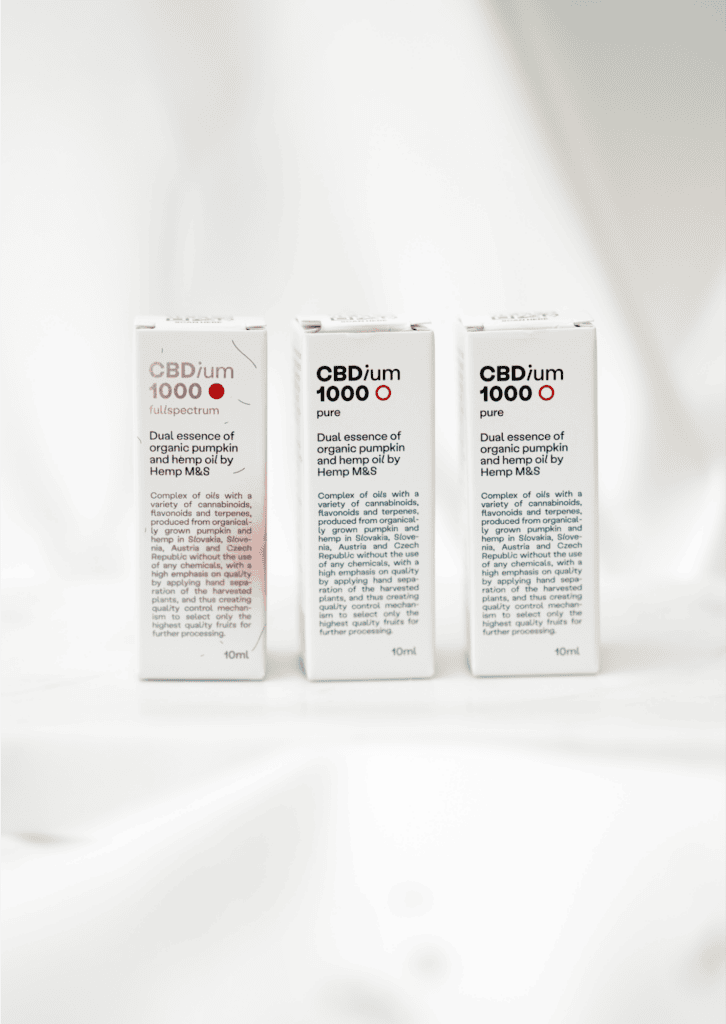
Getting a good night’s sleep is at least as important as drinking water, eating food, or exercising. Sleep allows us to handle our day-to-day tasks, concentrate, fight pathogens, or even maintain a healthy weight. We live in a fast-paced world, where stress is a daily occurrence and problems with falling asleep or poor-quality sleep are something that each of us will likely encounter in our lifetime.
During sleep, many physiological functions take place in our body that support physical regeneration, metabolism, cardiovascular function, as well as the ability to concentrate and learn. Short-term sleep deprivation can lead to concentration problems, loss of energy and irritability, and increase the risk of accident occurrence.
Whether you’ve been experiencing sleep deprivation for a long time or you’re simply going through a difficult time, we recommend you try some of these tips to getting a good night’s sleep that we’ve put together for you.
Insomnia is sometimes not caused by some mysterious disease, but rather by poor lifestyle and irregular sleeping patterns. You can feel a significant improvement of your sleep if you follow the so-called sleep hygiene practices:
The stress hormone, cortisol, is essential for our bodies to function in an optimal way – if it’s in the right amounts and at the right times. Cortisol levels are highest in the morning in order to help us wake up.
Cortisol ensures the body’s rapid response to a certain stress factor, the so-called fight or flight response. Shortly after our ancestors escaped the sabre-toothed tiger, their cortisol levels returned to normal.
The problem is that in modern society, instead of the sabre-toothed tigers, we have to face our bosses, deadlines, and mortgages that haunt us all day long and there is no escaping them. We experience long-term, chronic stress and cortisol remains in circulation in elevated doses throughout the day and night. This can cause problems with falling asleep or waking up and difficulty getting deep sleep.
It is scientifically proven that the use of a high-quality CBD oil has positive effects on the nervous and immune systems, relieves pain and inflammation, and decreases insomnia. Since there are no known negative side effects of CBD oil, it is a popular choice for patients with sclerosis, epilepsy, depression, or anxiety disorders.
Just a couple of drops before bedtime can create a feeling of relaxation and help with falling asleep, frequent night-time awakenings or the restless legs syndrome. It is also suitable for pregnant women, people with high blood pressure and people with allergies. The CBDium Sleep Therapy is specially formulated for people who suffer from sleep disorders.

Melatonin is another hormone responsible for the depth and quality of sleep. Its production begins in the dark and vice versa; is suppressed by the light. The largest natural source of blue light is the sun. Its light lets our body know when it is time for increased physical activity and when to go to sleep.
However, we overexpose ourselves to blue light not only during the day, but also after dark – due to the screens of our devices – TVs, smartphones, tablets, monitors, and LED bulbs. Excessive blue light delays melatonin production, leading to sleep cycle disruption. To reduce the amount of harmful light, try these tips:
We often use caffeine to compensate for poor sleep and fatigue. The smell of morning coffee is truly irresistible and caffeine undoubtedly has a stimulating effect for most people. But if we are not careful about the quantity and time of our last coffee, it can have a negative impact on our sleep.
We even know of a type of people, the so-called slow caffeine metabolisers, to whom it may take up to twice as long for caffeine to pass through their body. Maybe you are one of them and you can’t fall asleep because you still have a significant amount of caffeine in your system.
And what about alcohol? Can a mere glass of wine during dinnertime interfere with the quality of your sleep? Although it acts as a sedative for some people and helps them fall asleep faster, alcohol significantly reduces the quality of sleep. Even small doses of alcohol disrupt the so-called REM sleep, which allows us to dream and regenerate our bodies, causing us to wake up tired and fatigued. It might be worth trying to cut out alcohol and caffeine completely for at least a month and see what effect it has on the quality of your sleep.
Our bodies were not designed for long-term stress, artificial light from screens, or the extreme overload of information and stimuli that we face on a daily basis.
All this has a negative impact on the quality of our sleep, which in turn has a negative impact on our quality of life. And all that is needed is to make a few small changes – build a calming evening routine without screens, observe sleep hygiene, and be more mindful of stimulants and alcohol.
If you’re going through a difficult time, high-quality CBD oils can help you calm down and restore your mental well-being. We hope these tips will help you not only improve your sleep but also your quality of life.